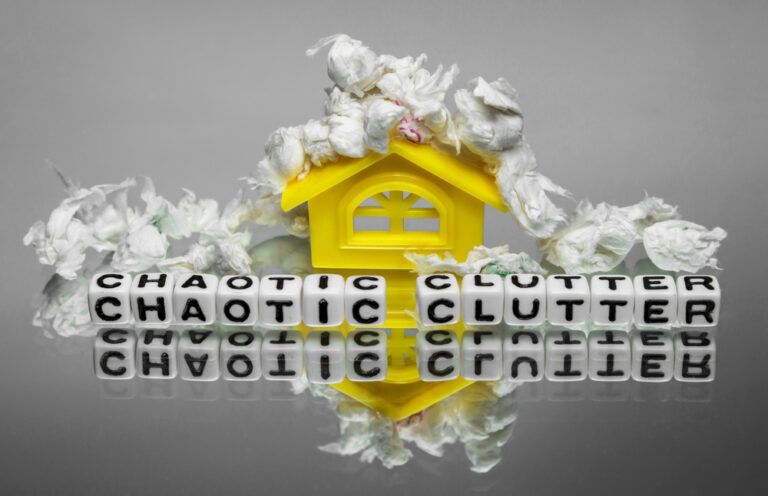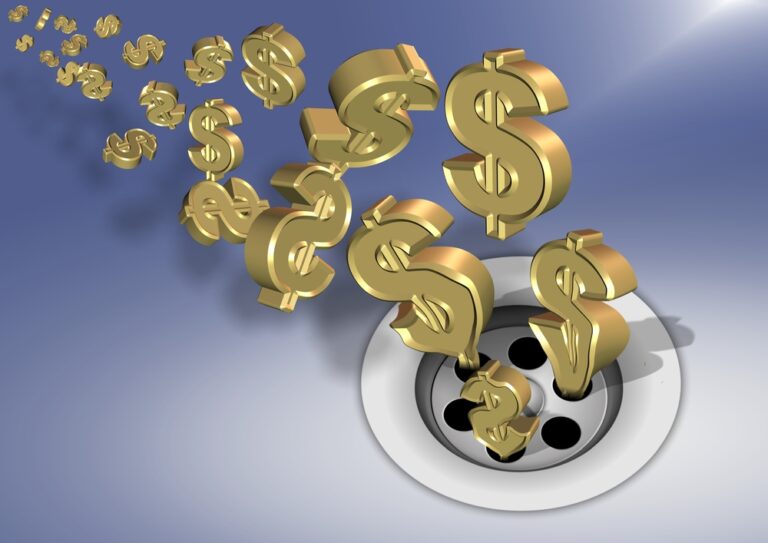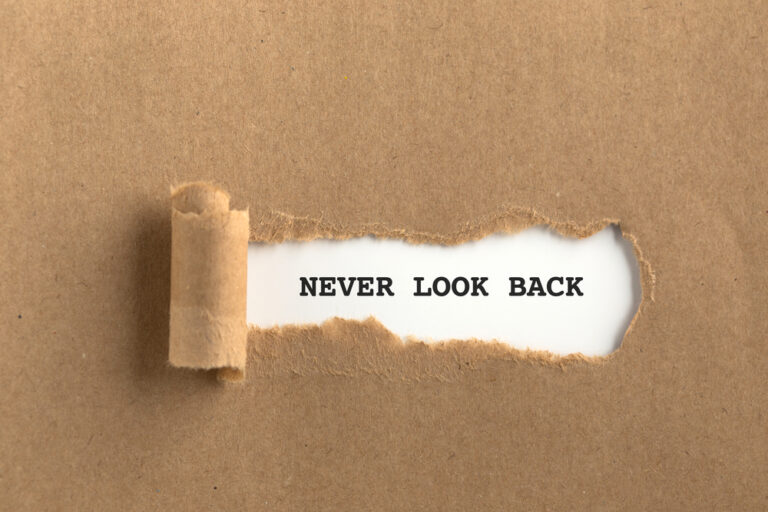How To Declutter Your Home When You Want To Keep Everything
If you’re someone who has hard time letting go of your possessions, and wants to keep everything, the idea of decluttering your home might seem like an impossible task.
This article is here to help you achieve a balanced and clutter-free space while holding onto the things that truly matter to you. It offers practical strategies and heartfelt advice based on my personal experience.
I hope this article can help make the decluttering process more manageable and fulfilling.
First, Know your “WHY”
When your motivation to declutter outweighs the desire to keep everything, you’ll find the inspiration to begin your decluttering journey.
When my family was getting ready to relocate from Asia to the United States, we realized that packing and moving everything would be incredibly costly and impractical. Despite my strong desire to hold onto everything, I had to make the tough decision to declutter the majority of our belongings, keeping only those items that were truly meaningful to us.
So, ask yourself, “Why do I need to declutter?” Identifying your ‘Why’ is crucial; it helps you stay focused and motivated as you embark on this transformational journey.
Here are some examples to help you identify your WHY:
Need More Space:
You might find your home overflowing with stuff, leaving you with limited space to move around comfortably. Decluttering can help you reclaim that precious space. Imagine having more room for your hobbies or simply enjoying a clutter-free environment.
Seek a Calm Feeling:
Do you want to create a peaceful and serene environment in your homes? Imagine coming home to a tidy, tranquil space after a long day. It’s about reducing the chaos and fostering a sense of calm that can positively impact your well-being.
Simplify Your Life:
Simplifying your home can lead to a simpler, more enjoyable life. It’s about reducing the distractions and focusing on what truly matters. Think of it as a path to increased productivity, reduced stress, and more time for the things you love.
Why do you want to keep everything?

It’s perfectly normal to want to hold onto your possessions. Understanding why can help you overcome these challenges:
“Just in Case”:
You are inclined to hold onto items “just in case” you need them in the future. You believe that every possession you own has a purpose, and you worry you’ll regret the decision to get rid of something if you need it later.
Emotional Attachments:
You don’t see your stuff as just “stuff”. You believe everything you own represents a part of you and holds precious memories. Parting with anything feels like letting go of a part of your past.
Feeling Wasteful:
You assign monetary value to your stuff. The money you’ve spent on your belongings can make it tough to let go. You think, “I worked hard for this, and it would be wasteful to toss it.”
How to declutter your home when you want to keep everything
Now that we’ve explored the reasons behind your desire to declutter and hold onto things, let’s dive into the practical steps to make this process easier and more compassionate:
1. Start with the Easiest Items
Practice with items that are the easiest for you to part with.
Please note, that everyone’s definition of “easy” is different. Examples of easy items are: inexpensive items, items that are easily replaceable, things that are out-of-style, and expired/broken items.
The goal is to build your confidence in letting go. For instance, you could start by decluttering old magazines, expired food, or chipped dishes. As you practice, you’ll gain the skills needed to tackle “harder” items.
2. Be Realistic about your “Just in Case” scenarios:
It’s important to be realistic about the likelihood of those happening, so that you can make logical decisions regarding what to keep and what to get rid of.
You can also think of some “worst-case-scenarios” where you really need something that you’ve decluttered. Try to factor in costs, convenience and anything which may have an impact. If after considering all these points, you feel comfortable about the your answers, then go ahead and declutter the item.
If you would like to read more about how to declutter your home if you have so many “just in case” items, you can read it here.
3. Understand Sunk Costs:
If decluttering anything makes you feel you are being wasteful, here is a mindset shift you can try:
The money you spent on these items is a sunk cost (it’s already gone), and whether you choose to keep or declutter them, it won’t alter the past.
Don’t spend time thinking about the past. Focus on the present and the future instead.
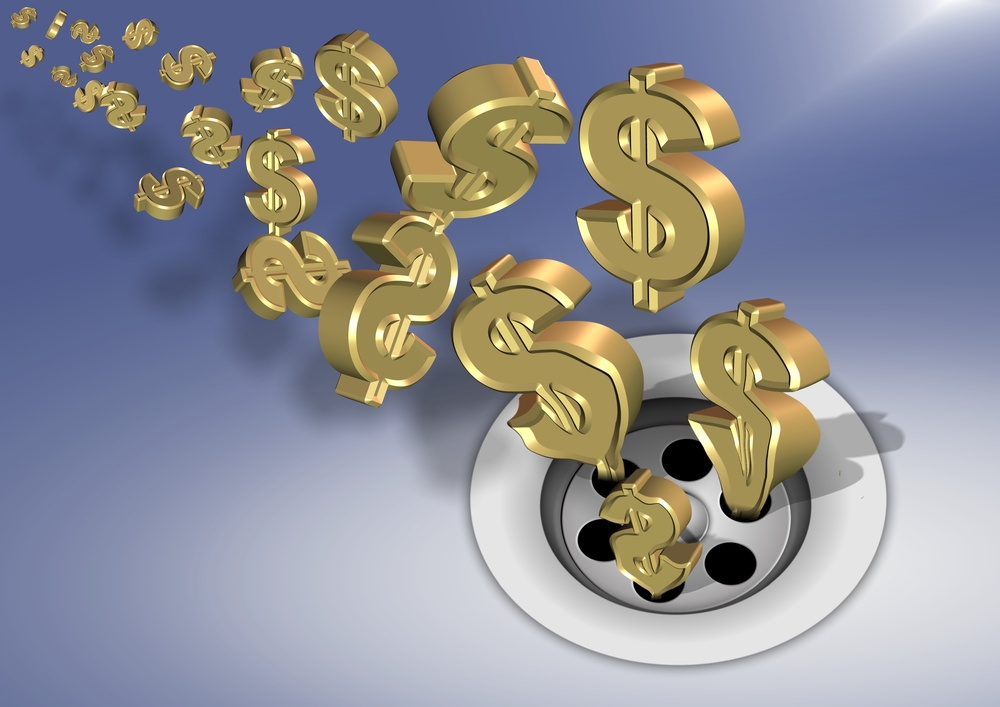
4. Memories Are in Your Heart:
If you are emotionally attached to your belongings, it can feel impossible to part with them because of the memories they hold. However, it’s important to remember that memories reside in your heart, not in the stuff.
I can speak about this from my personal experience:
Several years ago, as my family prepared for our move abroad, I had to declutter my son’s picture books. I was attached to these picture books because I had so much great memories of reading to my son during his earlier years. These books held lots of sentimental value, and I was so sad to give them away.
However, after giving them away, I realized that the memories of reading to my son were still so vivid in my mind. It didn’t matter that I no longer had these books, because the memories stay forever in my heart.
If you would like to be reminded of the memories, think of alternative ways: You could take photos of items with sentimental value and create a digital or physical photo album. Use your grandmother’s old china for special occasions to keep her memory alive. Display your children’s artwork proudly in a designated area.
5. Think of Yourself as a Generous Helper
If you choose to donate items you no longer need to people in need, when you declutter, you’re not just getting rid of things – you’re helping others.
Think of yourself as a generous and caring person who’s making a positive impact on someone else’s life. This feeling can be a great motivator to get you start decluttering.
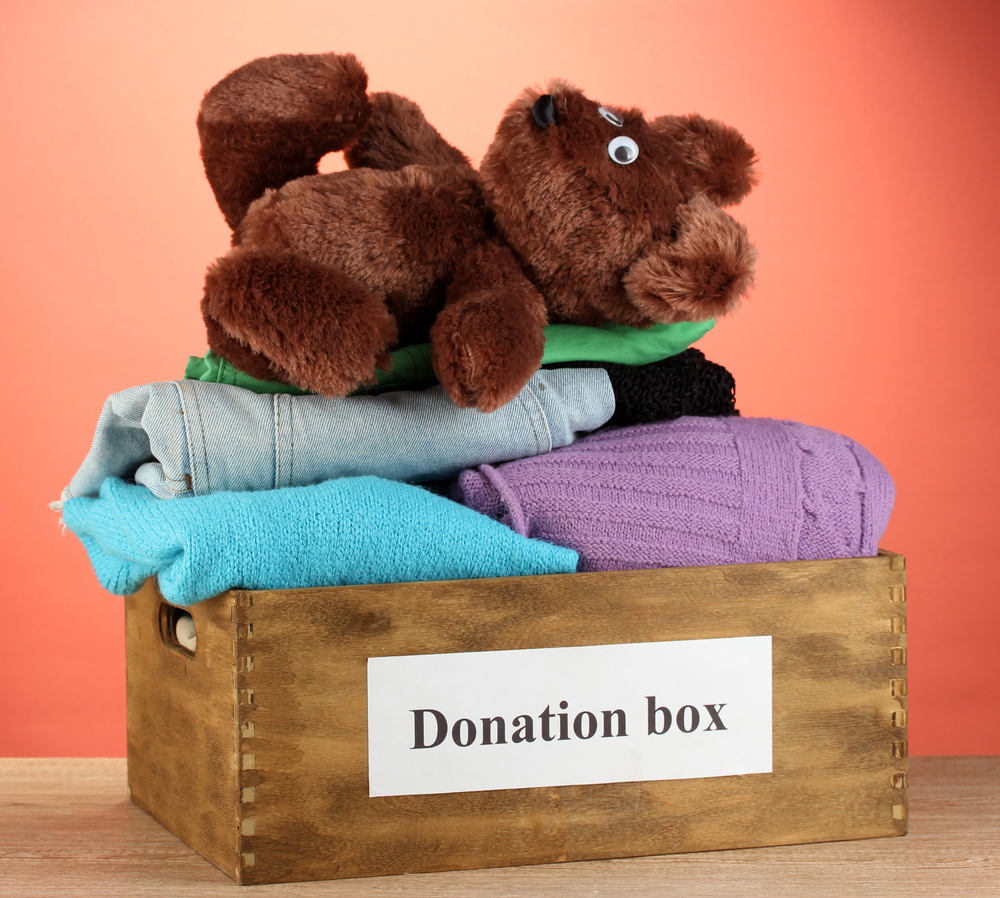
6. Try “One In, One Out”
If you are not yet ready to start decluttering, how about finding a way to prevent “future clutter” from coming into your home?
Try following the “one in, one out” rule.
This means that for every new item you bring into your home, you commit to removing an old item. It ensures that your belongings stay manageable and that you’re mindful of what you acquire.
7. Get Support and Accountability:
Decluttering can be a solitary journey, but it doesn’t have to be.
Consider enlisting the help of a friend or family member to support and encourage you throughout the process. They can offer a different perspective and help you stay on track.
You might even explore online decluttering communities or forums where you can share your progress and exchange tips with like-minded individuals.
Conclusion:
Decluttering when you want to keep everything can be a challenging, but with the right mindsets and strategies, you will find your journey rewarding.
Remember your “Why” for decluttering, and take it one step at a time. Start with the easiest items, be realistic about what you truly need, and let go of the fear of wasting money. Preserve memories in your heart and think of decluttering as a generous act of helping others.
By simplifying your life, you’ll create a space that reflects your values and brings you joy. In the end, the decision to declutter allows you to make room for what truly matters, and it’s a journey that can bring you lasting contentment and peace.
